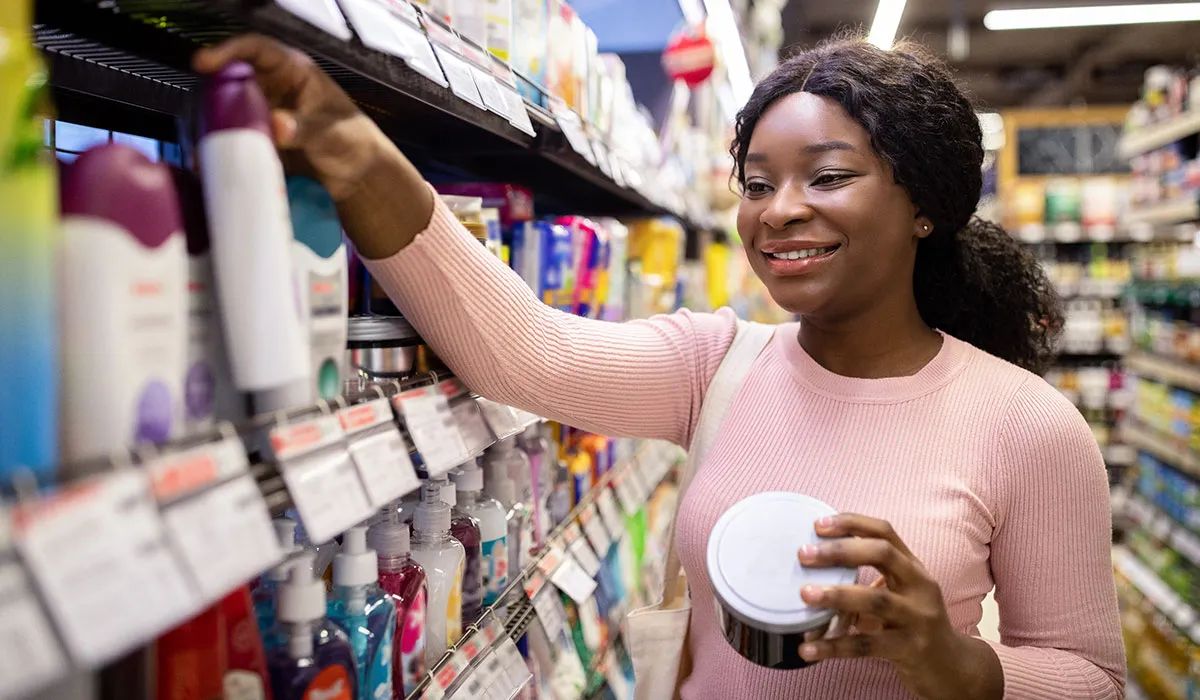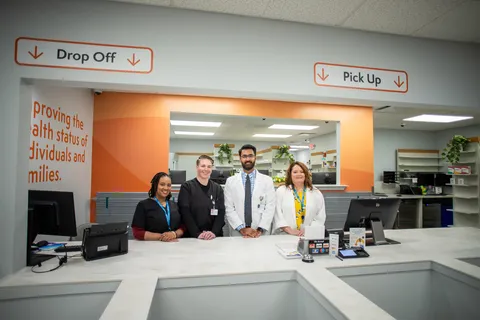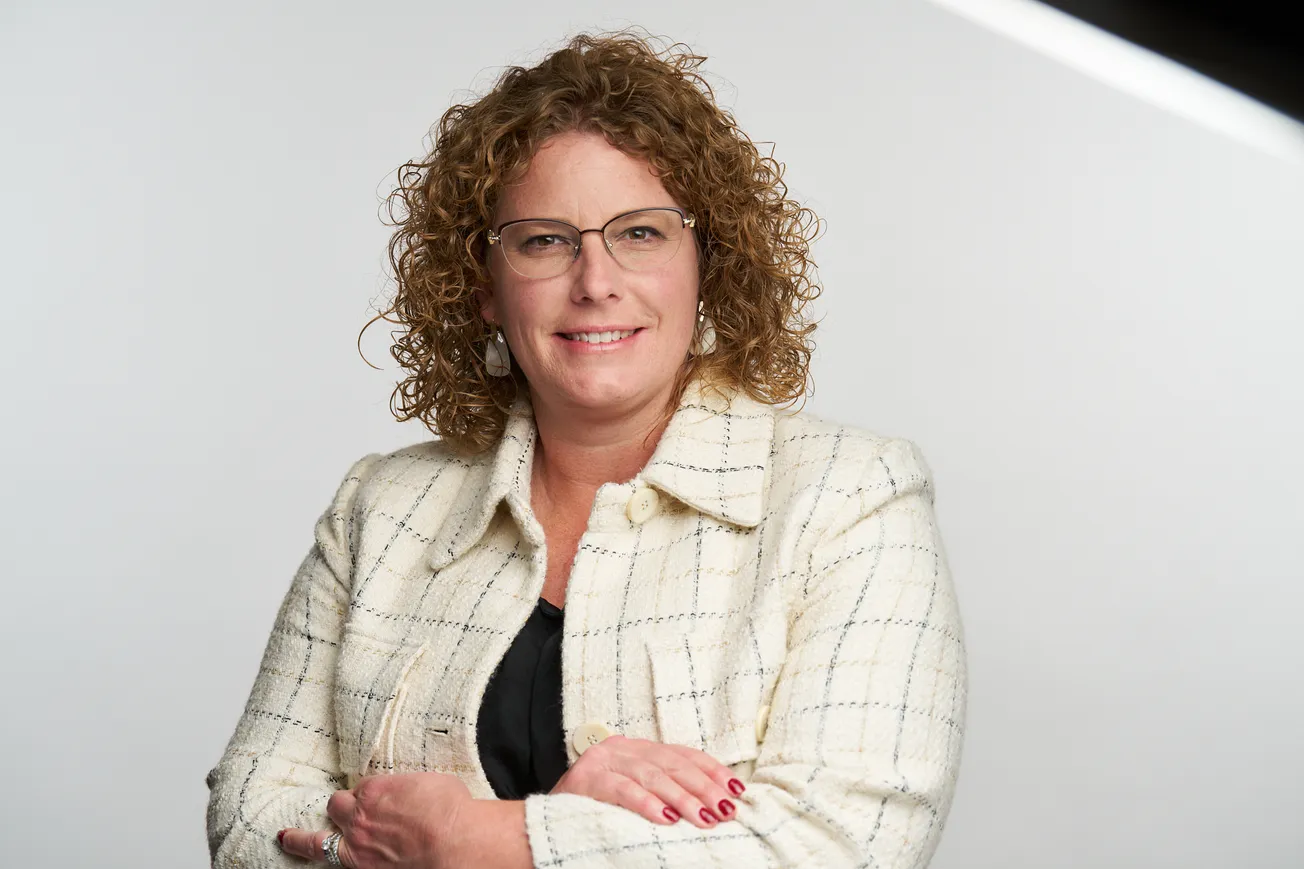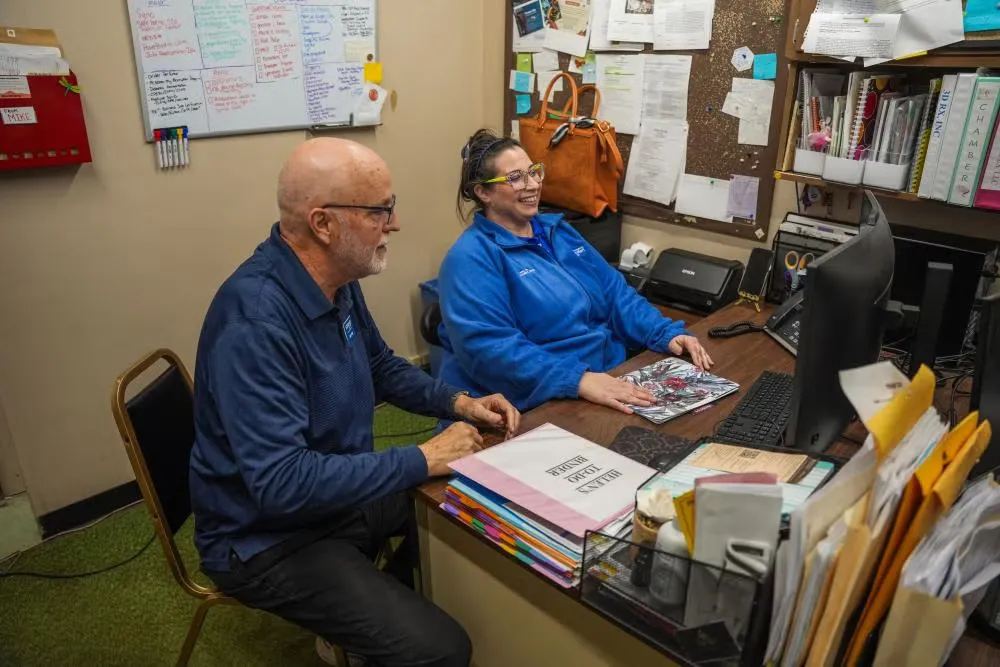WOONSOCKET, R.I. — CVS Caremark Corp. plans to hold hundreds of free health screening events in select urban markets through its new "To Your Health" program.
The drug store chain and pharmacy benefit manager said Thursday that the national program is part of efforts to improve access to preventive care in urban communities. Starting this Saturday, CVS is slated to host nearly 300 To Your Health events in Atlanta, Philadelphia, and Washington, D.C.
The health fair will provide screenings for diabetes, blood pressure, cholesterol, bone density (osteoporosis) and vision, with dental and chiropractic screenings available in some locations, according to CVS Caremark. Each event will also offer doctor consultations, medication reviews with a CVS pharmacist, and referrals for mammograms and pap smears.
Plans call for To Your Health to kick off in Atlanta on April 17, the District of Columbia on June 12 and Philadelphia on June 19.
CVS Caremark said that To Your Health represents an extension of the successful "A Su Salud" program announced in February, which has brought similar services to Hispanic customers in markets such as Los Angeles, Dallas, Houston and Miami.
The company noted that in particular with To Your Health, it hopes to address critical health issues among African-Americans, who often have higher rates of diabetes and high blood pressure. For example, the rate of diabetes among African-Americans is 11.8% compared with 6.6% for non-Hispanic white Americans, according to data from the American Diabetes Association.
"Chronic diseases like diabetes disproportionately affect the African-American population, and early detection can make a tremendous difference for a disease that must be managed for a lifetime," commented Troy Brennan, chief medical officer for CVS Caremark. "We urge patients to find out if their blood glucose, blood pressure and cholesterol are within a healthy range."
In 2009, CVS screened over 195,000 attendees at A Su Salud events nationwide. Of those screened, a number of health concerns were discovered, including 33% with high cholesterol, 36% with a high to moderate risk of developing osteoporosis, 28% with hypertension and 22% with diabetes (more than half of whom were diagnosed with diabetes for the first time), the company said.







